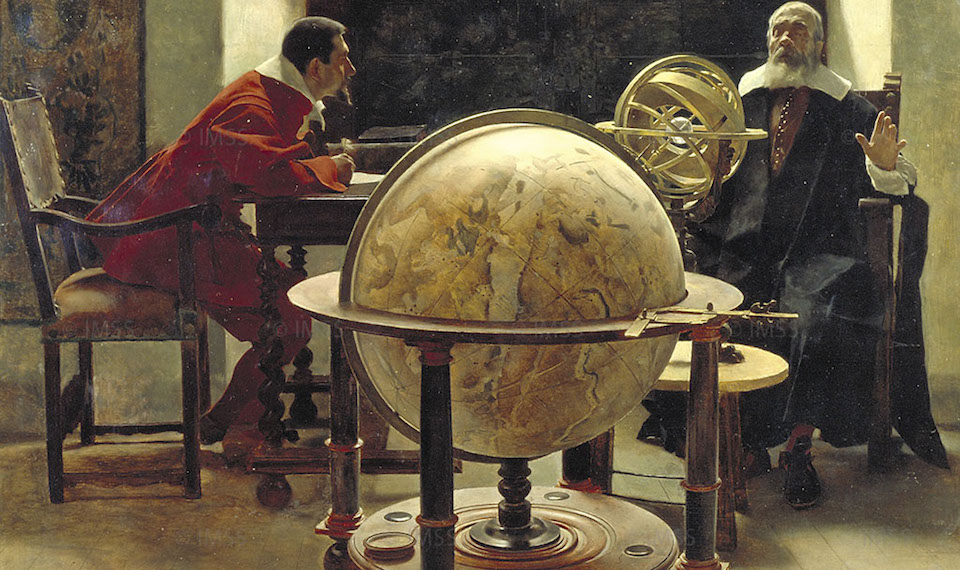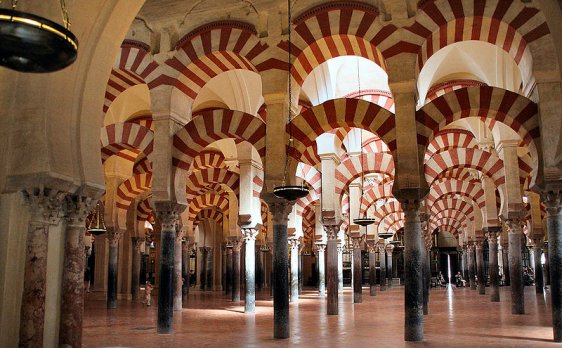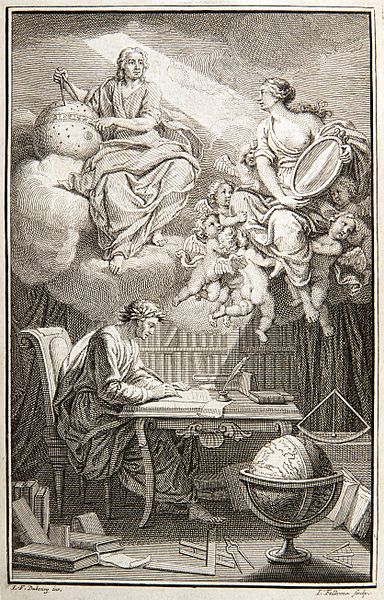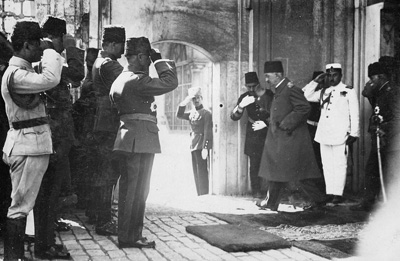
The youth should deepen their reading and culture and at the same time subject all they read and hear to critical evaluation and the application of the intellect. For herein lies the intellectual vaccination against the diseases of extremism, fanaticism and hatred for the other.
WHENEVER DARKNESS sets in there is a need for light. Our societies today are seeing the rise of forces that claim to find solutions in the past, while a great delusion takes hold of the masses when they seek in these solutions a remedy for their miserable current reality. Our societies are today in palpable need for Enlightenment thinking if they wish to break out of their degrading condition, and here solutions of the past will be of no use to them.
A century ago the cultural and political élites were occupied with the major question of the Nahda: ‘Why did the West advance while we regressed?’ Today, however, these same élites are preoccupied with fatwas on breastfeeding an adult, female circumcision, the arguments of religious extremism and narrow struggles about identity!
Why this cultural regression and why this waxing narrowness of identity? In my view this is due to the absence of Enlightenment thinking. I was invited recently by the Bahraini Forum Society (one of the civic society organisations which fill the Bahraini arena with their activities and their awareness campaigns) to speak on “The Movement for Enlightenment and the Role of the Youth.”
Our societies today need Enlightenment thinking: solutions of the past will be of no use
What then is Enlightenment thinking? Enlightenment is the empowerment of the light of reason over all inherited systems of thinking that obstruct free thought. It is something that the Bahraini author Ali al-Dayri, speaking on behalf of the Bahraini Ministry of culture Shaykha Mayy Āl al-Khalīfa, put into words in December 2008 during the Kuwaiti celebration of Enlightenment as the Legacy of the Future:
[It is] the engineering that extracts us from shortcomings in our intellect and our spirit and our body, shortcomings brought about by the darkness of sectarianism, denominationalism and religious and ideological authority; Enlightenment is the restoring of mankind to his individual light that illuminates the truths of existence.
For Mohamed Arkoun, Enlightenment constitutes:
the releasing of the mind from its inertia, and as one of its results the ability of the mind to criticise itself.
There are in fact many definitions to the word but what unites them all is a single meaning held in common: that Enlightenment is the rooting out of ancestor reverence, of preoccupation with repeating their words and of society’s obsession with their timeworn disputes.
When did Enlightenment begin? The Age of the Enlightenment began in Europe in the 18th century, where it was termed the age of lumières to distinguish it from the dark ages that had preceded it. The Enlightenment occurred when Europe decided to rouse itself from the sleep of the Middle Ages and liberate the mind from its stagnation. It then proceeded to discover, invent, innovate and produce cultural and scientific marvels that took mankind on a course markedly different from any other civilisations.
It is this Enlightenment which turned contemporary civilisation into an exceptional civilisation as the original Saudi thinker Ibrahim al-Buleihi put it. Buleihi is held to have best identified the qualitative characteristics of this culture as having 30 specific features unknown to the cultures of yesterday. These cultures pushed mankind to the side and blurred his individuality to the point that he became a constant re-cloning of another, a being who merely cheers for that which predominates, is fanatical for that which is familiar and who is doggedly resistant to change. This being is programmed to be a cell in the body of the tribe or the nation, one without any right to individual thought.
The reverence for predecessors, fanatical enthusiasm for all that they said, the inability to place that which is inherited under scrutiny and criticism – this is the method being pursued. The activity of societies was governed by the thought that the past has not left anything to do for what comes after, while its people believe in the concept of one uninterrupted cultural regression, in the sense that every succeeding generation is inferior in all things to the generation that preceded it.
The reverence for predecessors, fanatical enthusiasm for all that they said, the inability to place that which is inherited under scrutiny and criticism – this is the method being pursued
For thousands of years man depended entirely on what the earth yielded since he was dependent on nature. This was until such time as Enlightenment thought made its appearance and mankind awakened to discover his hidden creative energies in thought, in science, inventions, initiatives, innovations and skills. It is this that transformed mankind from reliance upon what nature provided to reliance upon what his mind, creativity and skill could innovate. This is how mankind turned himself into a renewed, inexhaustible force. This is a direct product of the Enlightenment in that it saw mankind as constituting the greatest wealth of a nation, a lasting resource, since as the American writer D. H. Killefer in his work The World Will Not Go Hungry [1] put it, it is the creative mindset that invests in human genius.
Has our civilisation known Enlightenment thought? Does faith contradict enlightenment? In fact all religions constitute messages of enlightenment to mankind to pull him out of the darknesses and errors that envelop him. They came as guidance for his mind. Illumination for his conscience and education for his behaviour – such as the Decalogue for example – and the message of Islam came specifically to stir the human mind to think and to re-examine long inherited customs and conceptions. This message came to people famed for their reverence for their predecessors and for their unthinking attachment to their inherited traditions. The Qur’ān came to say that to employ the mind is an obligation and an act of worship, and that undiscerning imitation and following of tradition is a shortcoming, a sign of neglect and impotence.
The call of Islam was a call to free peoples from two governing dominions: the political dominion and the religious dominion. When the Qur’ān says There is no compulsion in religion [II,256] it raises the status of the intellect to choose. Over a period of five centuries our civilisation experienced a great resurgence founded upon a pillar of enlightenment and rationality, and it produced geniuses and innovators, the most distinguished being Ibn Rushd (Averroes), while the city of Cordoba – as Roger Garoudi describes in his book Cordoba the Capital City of Thought – was a beacon of enlightenment for the whole world from the 9th to the 13th century, a time when no one was thought cultured unless he knew Arabic. In this golden period religion and philosophy were inseparable twins according to Hashim Saleh in his important Enlightenment work: The Historical Dead End: Why Did the Enlightenment Project Fail in the Arab World?

Suggested Reading
The spread of enlightenment should be the primary task for thinkers, scholars and media professionals, for organisations promoting civic society and human rights, all this should be in addition to the support that enlightened clerics can give it. As a starting point for this mindset we should view humanity as an exalted central value and lay emphasis upon making the intellect sovereign in all arenas of life. As regards the role of the youth in the Enlightenment movement, their most important task is to open their hearts and minds to all political, intellectual, cultural, religious and denominational currents, and tear down all the psychological, sectarian and ideological barriers between them, for each of them are the sons of a single nation.
The youth must listen to all points of view and hold fast to the culture of dialogue and refrain from launching accusations of treachery, disbelief or corruption against others, or those that disagree with them, and instead maintain goodwill to their opponents. They should deepen their reading and culture and at the same time subject all they read or hear to critical evaluation and the application of the intellect. For herein lies the intellectual vaccination against the diseases of extremism, fanaticism and hatred for the other. They should also cleave to the concept of nationality as an affiliation that is higher than any other, for national citizenship is the legitimate son of Enlightenment thought.
[1] D. H. Killefer, لن يجوع العالم. دار المعارف Cairo 1963.


Cordoba: beacon of enlightenment thinking from 9th – 13th century.


